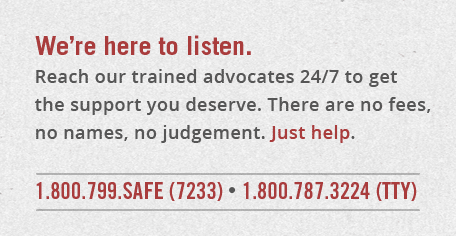• Also see Help & Healing: Abuse
Are You in an Emotionally Destructive Relationship?
I understand that it can be extremely difficult to face the hard truth that something is wrong. Like one of my clients, you might even tell yourself, “I’d rather not know, because if I know, then I have to do something about it, and I don’t know what to do.” You can’t fix or change something if you are not willing to look at it truthfully. Don’t turn back now. There is a part of you that already knows it’s time to face what’s wrong and to learn what you need to change. Remember, God sees you, and he is with you.
Some people realize that they are in several bad relationships at the same time or have had a string of destructive friendships or marriages.

Five Relationship Patterns That Are Always Destructive
Over the years, I have identified five distinct types of harmful relationships. As you read through this list, you might find that your relationship with someone contains all five characteristics, or you may identify with only one or two.
Please understand that if you experience even one of these patterns consistently in your relationship with someone, the behavior will cause harm to both you and your relationship if left unaddressed.
When does a Relationship become Destructive?
1. One or both parties commit physical, emotional, verbal, or sexual abuse upon the other.
2. One person is regularly overprotective, overbearing, or both toward the other.
3. One person is overdependent upon the other to affirm his or her personal value and worth, to meet all of his or her needs, and to make most of his or her decisions.
4. One person demonstrates a pattern of deceiving the other through lying, hiding, pretending, misleading, or twisting information to make something appear other than what it is.
5. One person exhibits chronic indifference, neglect, or both toward the thoughts, feelings, or well-being of the other.
Remember, because we are all sinners, we are all capable of doing each of these things. What makes these sinful interactions destructive is their repetitive pattern, as well as lack of awareness, lack of remorse, and lack of significant change. This distinction should not minimize the sinfulness and destructiveness of isolated instances. There are times when a single incident of abuse or serious deceit is all it takes to completely destroy a relationship, even if the offender is remorseful and desires to change. It only takes one bullet to kill someone.
Adapted from the The Emotionally Destructive Relationship.
Copyright © 2007 Daniel Goleman, Used with permission. Published by Harvest House.











